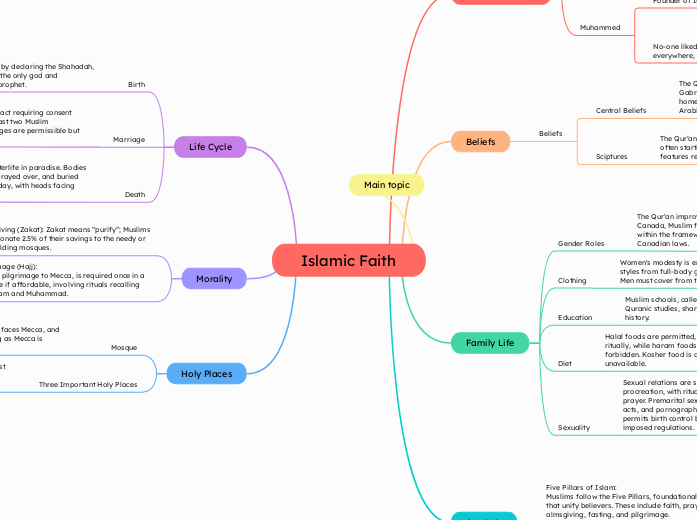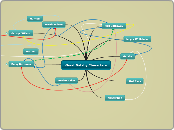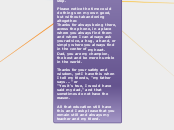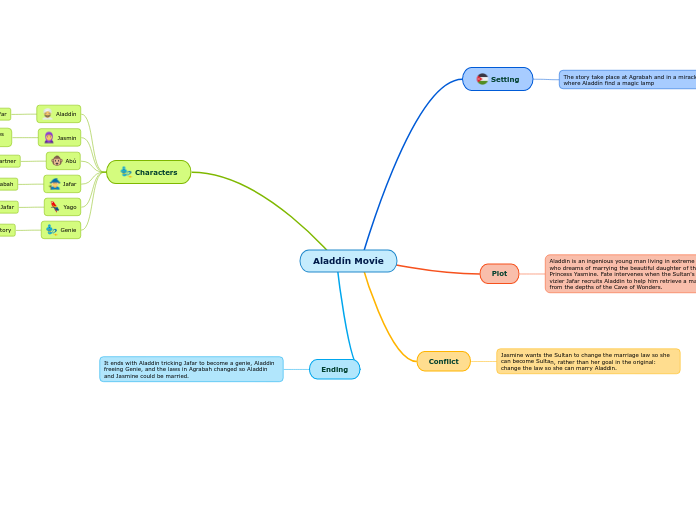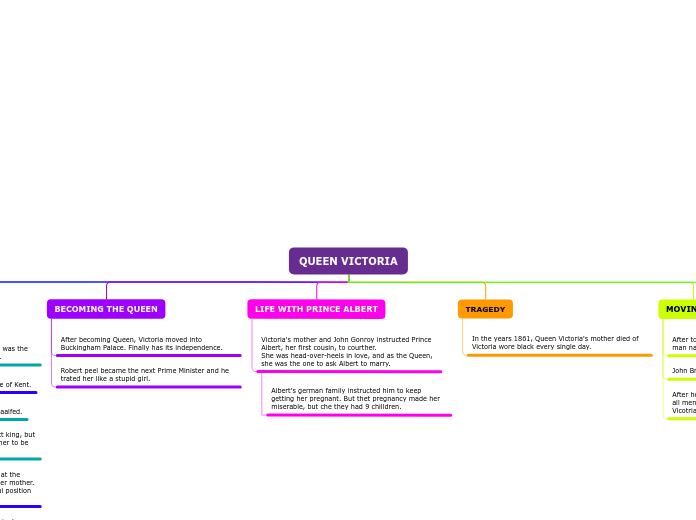Islamic Faith
Holy Places
Three Important Holy Places
Mecca: Ka'aba (cube) the holiest place in the holiest city built by Abraham. It contains the Black Stone that pilgrims come to kiss.
Medina: Prophet's Mosque contains his tomb and is the site of the very first mosque.
Jerusalem: Dome of the Rock built on the place Muhammed ascended to heaven as a shrine for pilgrims.
Mosque
Qiblah Wall:
The Qiblah wall in a mosque faces Mecca, and Muslims face it when praying as Mecca is considered the holiest city.
Mihrab:
The mihrab is an ornate alcove in the Qiblah wall where the Imam stands to deliver prayers.
Morality
Pilgrimage (Hajj):
Hajj, a pilgrimage to Mecca, is required once in a lifetime if affordable, involving rituals recalling Abraham and Muhammad.
Shariah Law:
Shariah, derived from the Qur'an and Sunna, sets moral rules for Muslims, guiding both individual and societal behavior.
Fatwas:
Fatwas are religious edicts issued by scholars on various matters, from legal issues to everyday concerns, based on Islamic jurisprudence.
Almsgiving (Zakat): Zakat means “purify”; Muslims must donate 2.5% of their savings to the needy or for building mosques.
Fasting (Sawm):
Sawm, fasting during Ramadan, involves abstaining from food, water, and other activities during daylight, ending with Eid al-Fitr.
Fiqh:
Fiqh, interpretations by legal experts, adapts Shariah to new situations not covered by the Qur’an, Sunna, or Hadith.
Life Cycle
Death
Death and Burial:
Muslims believe in an afterlife in paradise. Bodies are washed, shrouded, prayed over, and buried quickly, often the same day, with heads facing Mecca.
Marriage
Marriage:
Marriage in Islam is a contract requiring consent from both parties and at least two Muslim witnesses. Arranged marriages are permissible but consent is mandatory.
Divorce:
Divorce is allowed if all options are exhausted, involving marital arbitration, counseling, and a waiting period to confirm no pregnancy.
Birth
Becoming a Muslim:
One becomes a Muslim by declaring the Shahadah, witnessing that Allah is the only god and Muhammad is His last prophet.
Birth Rituals:
Babies are considered born Muslim, washed, and the Adhan (call to prayer) is whispered in their ear. A naming ceremony occurs a week later.
Symbols
Five Pillars of Islam:
Muslims follow the Five Pillars, foundational duties that unify believers. These include faith, prayer, almsgiving, fasting, and pilgrimage.
Ka'bah:
The Ka'bah, a cube-shaped building in Mecca, is the holiest Muslim site. Muslims face it during prayer and pilgrimage rituals.
Star and Crescent:
This symbol represents Islam, appearing on flags of many Muslim-majority countries, associated with the historical expansion of Islamic power.
Colors:
Islamic symbolism includes:
White: Purity and peace.
Black: Mourning and devotion.
Green: Sacred, used in mosque decorations, Qur'an bindings, and flags.
Red Crescent: Muslim equivalent of the Red Cross.
Calligraphy:
Arabic calligraphy, especially the word "Allah," is a significant Islamic symbol, often seen in art and religious texts.
Family Life
Sexuality
Sexual relations are seen as joyful and for procreation, with ritual purification required before prayer. Premarital sex, masturbation, homosexual acts, and pornography are considered sins. Islam permits birth control but opposes government-imposed regulations.
Diet
Halal foods are permitted, with meat slaughtered ritually, while haram foods, like alcohol, are forbidden. Kosher food is acceptable if halal is unavailable.
Education
Muslim schools, called madrasas, teach Arabic, Quranic studies, shariah, Hadith, logic, and Muslim history.
Clothing
Women's modesty is emphasized, with varying styles from full-body garments to headscarves. Men must cover from the navel to the knees.
Gender Roles
The Qur'an improved women's status in Arabia. In Canada, Muslim families balance gender roles within the framework of Islamic teachings and Canadian laws.
Main topic
Beliefs
Sciptures
The Qur’an has 114 Suras with names and verses, often starting with “In the name of Allah,” and features repetitive, dramatic themes.
God's Revealed Books: The Qur'an, revealed by God, provides Muslims with guidance on living their lives.
Structure of the Qur'an:
The Qur'an has 114 Suras, named chapters with verses, often starting with “In the name of Allah,” featuring repetitive, dramatic themes.
Central Beliefs
The Qur’an, revealed to Muhammad by Angel Gabriel, guides worship and behavior. In Muslim homes, it's kept clean and high. Children learn Arabic to read it; memorizers are called hafiz.
Seven Basic Beliefs: Muslims believe in one Allah, His Angels, revealed Books, Messengers, the Last Judgment, predestination, and life after death.
Muslims believe in Tawhid, the oneness and unity of God, rejecting anything distracting from this union.
Angels interact with humans, delivering divine messages. Each Muslim has two guardian angels recording their actions.
Origins of Islam
Muhammed
No-one liked the fact that he was preaching Allah everywhere, even his own tribe turned against him
In 622 CE, the people of Medina offered Muhammad protection from persecution and he led the people of Islam there. This migration became known as the hijrah.
Islam split into Sunni and Shi'ite over disagreement on Muhammad's successor: Sunnis prioritize capability, while Shi'ites emphasize bloodline; 90% of Muslims are Sunni, 10% are Shi'ite.
Founder of Islam
Muhammad was troubled by the inequalities of Meccan when he was traveling around as a trader
He believed in Allah
Islam in the World
There are 1.5 billion Muslims worldwide—only Christianity has more followers.
Islamic religion includes Africans from Nigeria, Arabs from Iraq, southern Asians from Pakistan and Indonesia, and other ethnic and cultural groups.
One of the fastest growing religions in Canada.
Canadian Muslims come from India and Pakistan, Arab and Middle Eastern countries, and others.
